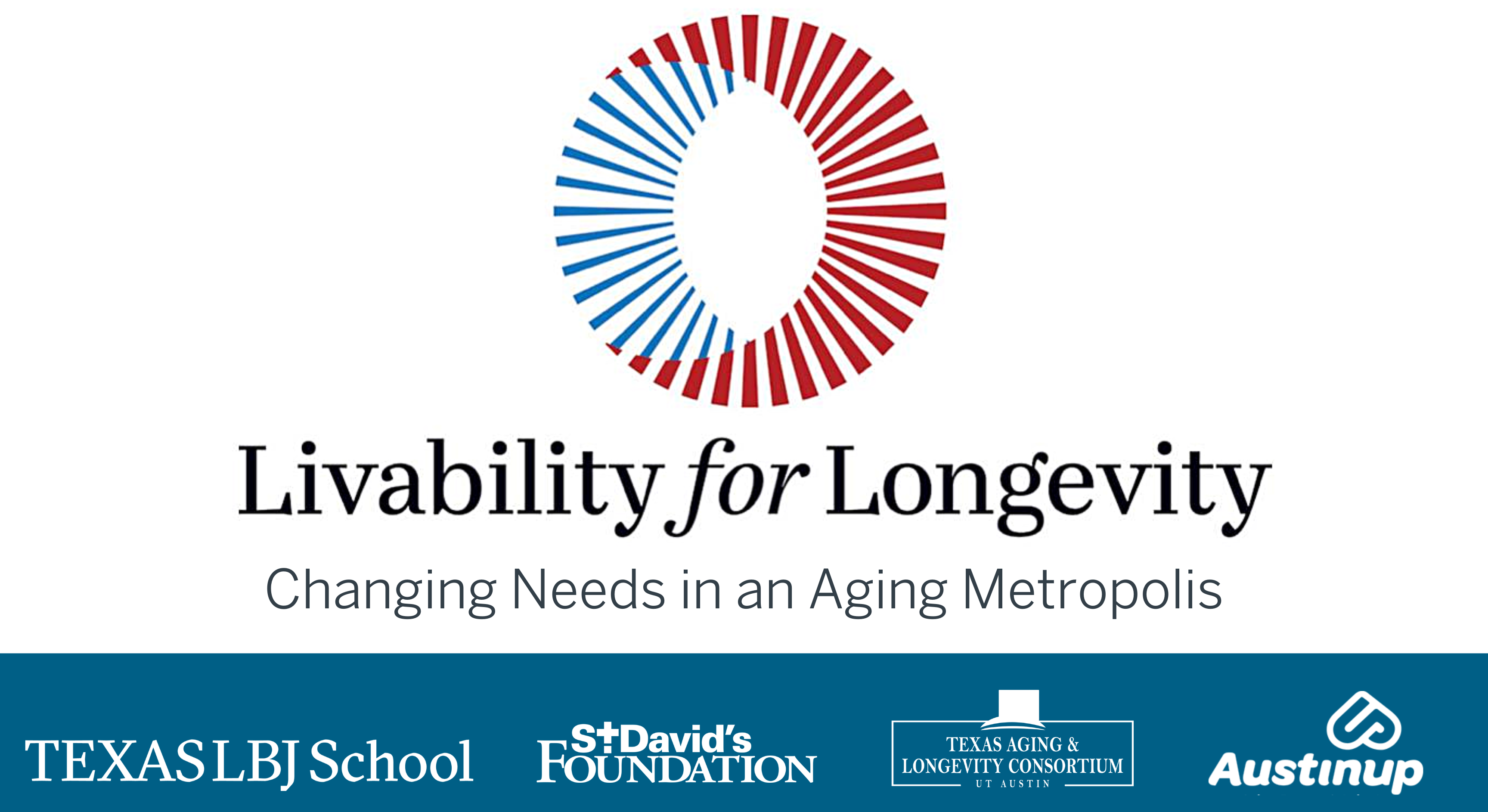
People today are living longer than at any time in human history. By 2050 one out of every four people in the United States will be 65 or older. Although significant differences in life expectancy at birth and at 65 based on race, income, ethnicity and more persist, in general all groups have benefitted from better nutrition, medical care, and a generally improved quality of life. Longer lives clearly represent progress, but combined with declining fertility and shrinking family size, an aging population will fundamentally affect all social institutions, including the family. This new reality of a radically changing population profile poses serious financial and practical problems for families and government at all levels.
Perhaps the most important implication of this new demographic and social reality stems from the ways in which it could affect relations among generations. By 2030, older Texans are expected to outnumber children. As a consequence, the needs of aging adults will place new demands on family time and budgets during their empty nest years. Whereas during the baby boom our social agenda was defined largely by need to build elementary, middle, and high schools, as well as to provide opportunities for higher education, increasingly the need for health and long-term care as well as the financial support of older persons will take center stage.
The L&L Symposium on Changing Needs for an Aging Metropolis Conference speakers will address the following topics:
- Intergenerational Community Building Strategies;
- Awareness of Services by Older Adults;
- Challenges of Affordability, Mobility, and Health;
- Access to Community Resources
If you need assistance accessing this event from home, click here.
View the agenda here.
View the digital program here.
Speakers
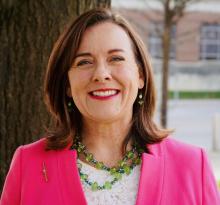
Shannon Jarrott, Ph.D. is a professor of social work at The Ohio State University. She specializes in community-based services, emphasizing shared programming for youth and older persons. Her research of implementation and outcomes of evidence-based intergenerational practice with diverse participants reflects a community-based participatory approach. Jarrott is Behavioral and Social Sciences chair for the Gerontological Society of America and Editor of The Journal of Intergenerational Relationships.
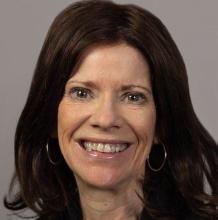
Jacqueline L. Angel is professor of public affairs and sociology and a faculty affiliate at the Population Research Center and LBJ School Center for Health and Social Policy at The University of Texas at Austin. She did her postdoctoral training in mental health services research at Rutgers University and at the Pennsylvania State University Program in Demography of Aging. Her research examines health and retirement issues in the U.S., with a focus on older minorities, the impact of social policy on the Hispanic population and Mexican-American families. Dr. Angel is author/co-author/editor of 80 journal articles, 30 book chapters and 10 books. Her recent publications include Latinos in an Aging World, Challenges of Latino Aging in the Americas and Handbook of the Sociology of Aging.
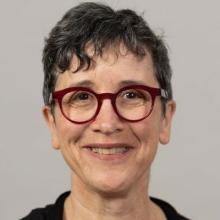
Karen Fingerman is Professor of Human Development & Family Sciences at UT Austin. She studies adult development and aging and is currently the Director of the Texas Longevity Consortium at UT Austin and the Research Director of the Center on Aging & Population Sciences. She also oversees the Graduate Portfolio in Aging & Health. Dr. Fingerman's research focuses on social and emotional processes across adulthood, health and well-being.
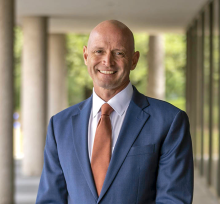
JR DeShazo is the 12th dean of the LBJ School of Public Affairs. He previously served as the founding director of the Luskin Center for Innovation at the University of California, Los Angeles (UCLA), one of the nation's leading environmental policy research centers.
He is a distinguished scholar focusing on clean technology policies, policy design to enhance environmental equity, methods for valuing changes in environmental quality, and the performance of public agencies.
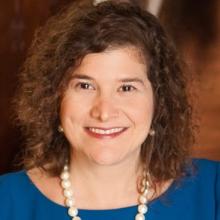
Council Member Alison Alter has proudly represented Austin’s Central and Northwest District 10 since 2017. She was chosen by her colleagues to serve as Austin’s Mayor Pro Tem in 2022.
Dr. Alter is a Harvard-trained economist and lifelong parks advocate with over 20 years of experience as an educator and small business owner. Since taking office, she has focused on Austin’s long-term health and sustainability, championing early childcare, access to medical care, gun violence prevention, sexual assault response, emergency preparedness, and climate resilience.
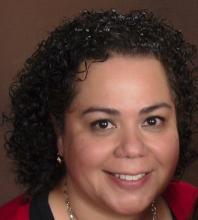
Laura G. La Fuente has over twenty years of experience researching, designing, and promoting best practices for delivering services to address social determinants of health. Before working for Austin Public Health, Laura partnered with community stakeholders to develop and implement innovative programs to positively impact school-aged youth. Through her collaborative work with school districts and nonprofits, Laura designed an initiative to increase the number of volunteers working with youth, developed a quality improvement system for out-of-school programs, and invested in strategies to support student achievement.
Ms. La Fuente was named Assistant Director for the Health Equity and Community Engagement Division in June 2022 after serving as interim assistant director since May 2021. This division includes management of the Health Equity Quality of Life programs, HIV Planning Council, HIV Resources Administration, Planning and Evaluation of department and community initiatives, including the Age-Friendly Action Plan, the Office of Violence Prevention, and over $44M in Social Services funding.
Laura holds a Bachelor of Arts in Public Policy Studies from the University of Chicago and a Master’s in Public Affairs from the LBJ School of Public Affairs at the University of Texas at Austin.
Parking & Directions
Parking for attendees is available in the Manor Garage. No permit is required to park in the garages; just pull a ticket on your way in and process it at the exit, a pay station, or the garage office before you leave. Fees are calculated based on the amount of time you are in the garage.

